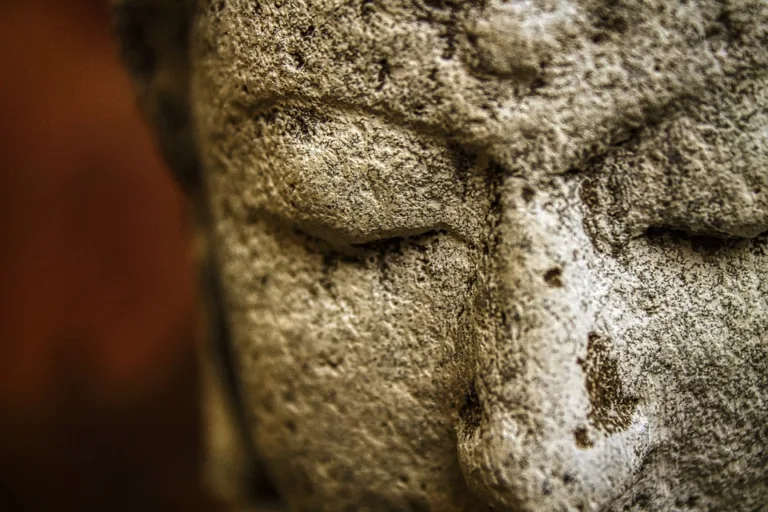
How to Respond to Criticism and Improve Your Self-Confidence
Responding to criticism can reveal a lot about your self-confidence and overall well-being. Regardless of the validity or accuracy of the criticism, your reaction provides valuable insights into areas for personal growth. In the past, I instinctively reacted defensively to criticism, but over time, I have learned to respond more thoughtfully and not take it personally.
If you want to develop a healthier response to criticism, consider these different reactions that indicate low self-esteem:
1) Hitting back
This used to be my immediate reaction when criticized. I would respond by criticizing the other person in return, even if the criticism was constructive. My insecurity made me feel insulted and vulnerable, so I aimed to bring down the other person to lessen the emotional impact.
2) Defensiveness
When you react defensively to criticism, it demonstrates low self-esteem. Instead of asking why the person feels that way or disengaging from the situation, you deny the criticism. This defensiveness is a sign that you value yourself poorly and feel the need to defend even against unfair accusations.
3) Paranoia
If criticism triggers a sense of paranoia in you, it suggests that you have underlying self-esteem issues. You might perceive criticism as part of a larger conspiracy against you or feel that nobody truly appreciates or understands you. This mindset indicates insecurity and a victim mentality.
4) Dwelling on the criticism
Having high self-esteem enables you to see value in criticism and use it constructively. However, if you struggle with low self-esteem, you find it challenging to let go of any criticism. Even a random stranger’s criticism weighs heavily on your mind, causing constant worry and self-doubt.
5) Ignoring the criticism
A reaction that indicates low self-esteem is ignoring the criticism altogether. Rather than denying or disputing it, you act as if it never happened. Regardless of who criticizes you, even if it’s a loved one, you don’t pause to consider if there’s any truth in their words. Ignoring criticism completely prevents any self-reflection or growth.
6) Saying sorry a lot
On the more passive side, some individuals respond to criticism by constantly apologizing. Even when the criticism is unfounded, they feel an overwhelming urge to say sorry repeatedly. Deep down, this excessive apologizing stems from a fear of inadequacy or shame, which surfaces immediately in the face of criticism.
7) Appeasement
Appeasement is a response where criticism leads you to give in to whatever the criticizing person wants. It is a surrendering of your own desires and opinions, driven by the fear of further criticism or harm. This behavior indicates very low self-esteem and an inclination to allow others to manipulate and hurt you.
The Truth About Being Criticized
While it’s crucial not to overreact defensively to criticism, it’s equally important not to overreact by assuming all criticism is justified and valid. The ideal approach is to take criticism with skepticism, considering the source and their intentions. Ask why they’re criticizing you and what they hope to achieve. Ultimately, it is your decision how to proceed.
Handling Criticism Constructively
Handling criticism constructively involves a two-fold process. First, evaluate the merit of the criticism. Consider who it’s coming from and why. Be patient and remain open to the possibility of learning something from it. If there is value in the criticism, strive to maintain emotional stability and ask questions to gain a deeper understanding of their perspective.
How can you use this criticism to become more responsible and effective without resorting to over-apologizing or developing a negative self-image? It’s crucial to find a balance between taking value from the criticism and not taking it personally.
If you conclude that the criticism is groundless or unfair, learn to remain calm and disengage from the situation. Recognize that the person criticizing you likely struggles with low self-esteem themselves.